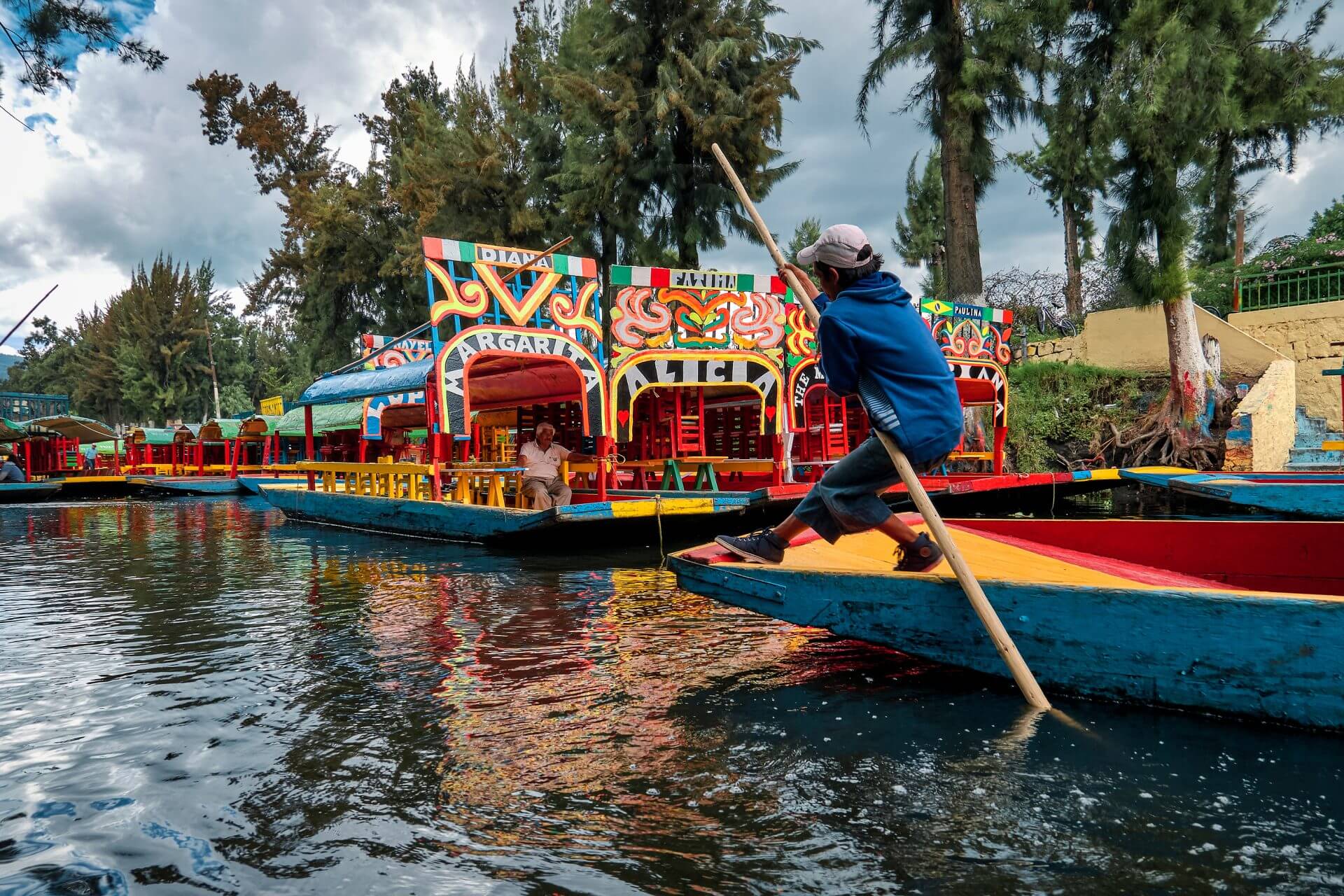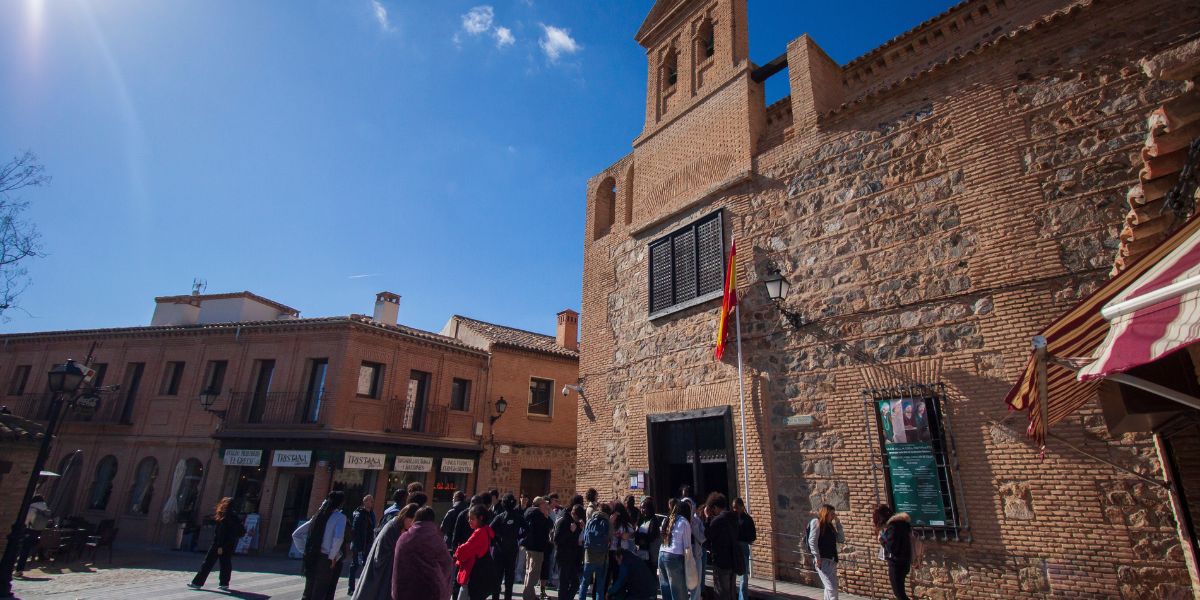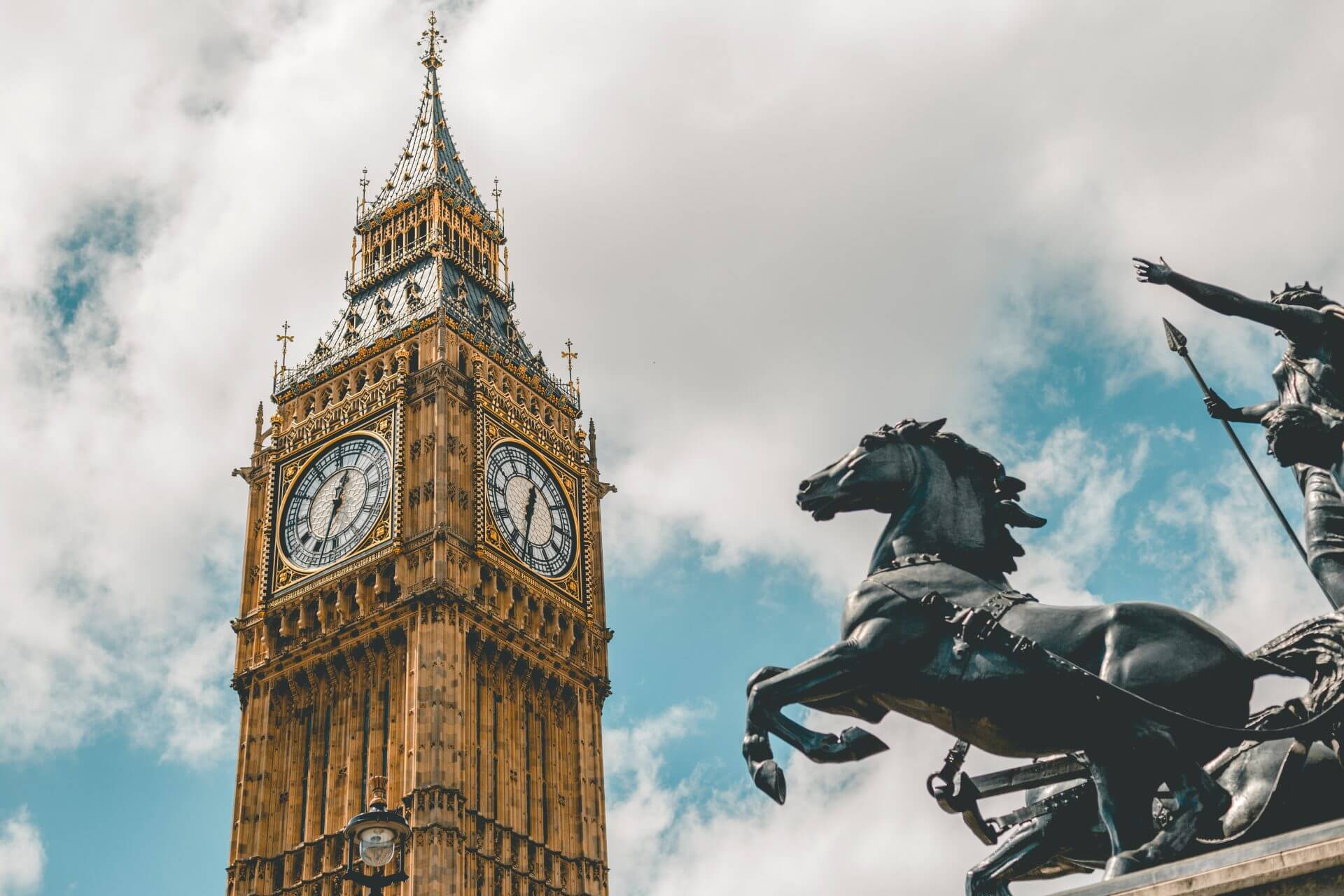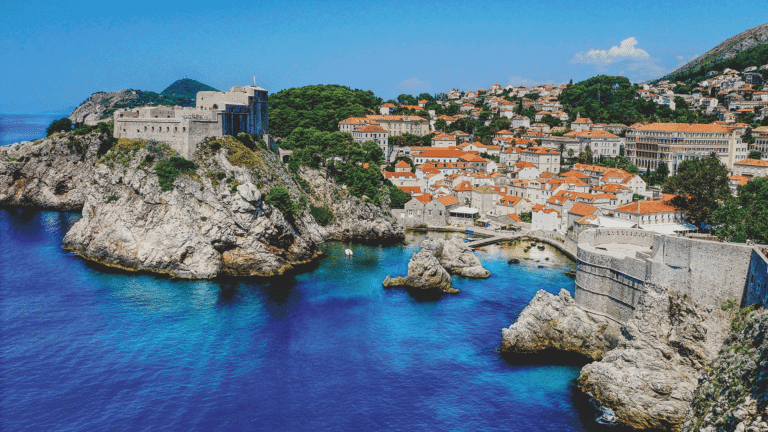In times of conflict, when headlines and images of turmoil capture our attention, the action we take in response becomes a true testament to our values and solidarity. For Jews around the world, Israel is not just a distant homeland; it is the heart of our heritage and an enduring symbol of shared identity. Responding to the call to volunteer in Israel now is more than a show of support, it’s a reaffirmation of unity and a contribution to the nation’s resilience.
In this time of uncertainty, packing your bags and offering a hand may seem daunting, but it’s imbued with immeasurable significance. Volunteer efforts provide essential aid and comfort to those in need while weaving a stronger fabric of community, both within Israel and across the global Jewish diaspora.
Joining a solidarity mission this spring offers a unique opportunity to immerse yourself in the heart of Israel, to stand shoulder to shoulder with its people during challenging and difficult times, a time of rebuilding and resilience. This isn’t just about lending a hand; it’s about connecting on a deep, personal level with the Jewish community and reinforcing the bonds that unite us all, regardless of where we come from. As you work alongside fellow volunteers and local Israelis, you’ll engage in meaningful dialogue, share stories, and participate in cultural exchanges that enrich your understanding and connection to our people.
This experience is designed to deepen your connection to the Jewish people, allowing you to experience firsthand the vibrant spirit and enduring strength that has characterized the Jewish journey through history. You’ll return with not only a sense of accomplishment and that you supported your people in a time of need but with new friendships and a renewed commitment to Jewish values and traditions. The memories you create and the lessons you learn will last a lifetime, serving as a testament to the power of solidarity and the unbreakable bond of our global Jewish family.
October 7th is a new dark day on the Jewish calendar. Future generations will remember it as the day when Israel’s sense of security was shattered and the people of southern Israel were overrun by a barbarian horde. The atrocities that took place on that terrible day – the massacres of peaceful people, the slaughter, the rapes and torture, the arson and looting, and the kidnapping of civilians – weren’t supposed to be possible in 21st century Israel.
They happened nonetheless, and the country and its people will never be the same again. Israel called up its reservists, secured its borders, and launched a massive military operation to hit back. The war aims are simple: destroy Hamas and free the hostages. Hamas have been hit hard, and some of the hostages liberated, but the agony of captivity continues for many. Every day, more IDF soldiers die fighting in Gaza’s savage streets.
The aftermath of October 7th
The Jewish people have been here before. Their history is a history of massacres, pogroms, genocide, displacement, and exile, but it was never meant to happen in the Jewish state. Survivors of October the 7th and other southern refugees are filtering back to the abandoned kibbutzim and border towns. Thousands more cannot return to their homes near the northern border. The threat of violence from Hezbollah is judged too high.
Israel is resilient, and Israelis pride themselves on their tough pragmatism and adaptability, but the pain is constant. The bereaved and the displaced, and those whose family members are fighting on the front line are struggling with anxiety, pain, and constant worry. Israel is a very small country and the atrocities of October 7th, the weeks of rocket bombardments, and the ongoing war touch almost everybody in some way. At the very highest level of government, former IDF Chief of Staff and War Cabinet observer Gadi Eisenkot lost his son and nephew during recent fighting.
Citizens across almost the entire spectrum of Israeli society, have also been bereaved. The country is reeling from blow after blow, but is enduring and fighting back. On a certain level, the reaction of the rest of the world has been harder for Israelis to process. Existing allies stepped up fast, offering diplomatic support and military aid immediately after the pogrom. Unfortunately, the support wasn’t unanimous. Mobs of left-wing extremists, Islamists, and crowds of the perennially naive and angry swarmed into the streets to support Hamas.
Amidst the fallout of the massacre, and despite the live footage and credible reports in circulation, many politicians, public figures, official bodies, NGOs, and others chose to minimize or deny events. To their lasting shame, some feminists and women’s lobbies in the US, Canada, and Europe chose to deny or ignore the sexual violence suffered by Israeli women who found themselves at the mercy of Hamas savages. The message was a simple one: Israel is bad; Jews don’t count; Jewish suffering doesn’t matter.
So, what’s the good news from Israel?
There is some good news in Israel. The random rocket attacks that terrorized swathes of the country are pretty much over. The haunting wail of air raid sirens no longer intrudes on daily life, and civilians no longer have to sprint for shelter. Hamas isn’t beaten yet, but they are losing badly and are increasingly in disarray. Some IDF reservists are returning to work, and the economy is gradually picking up again. Foreign airlines are resuming flights to Ben Gurion, and there are hints that the vital tourist industry will recover. Israelis are picking up the pieces and getting on with their lives. There will be a social and political reckoning – but only when the fighting is over.
Identity, solidarity, and connecting to Jewish heritage
One of the most moving and inspiring things amidst the tragedies of the dark October was the extraordinary wave of volunteering and altruism that took place. As the government was occupied in the war efforts, ordinary Israelis took over and organized relief for refugees. Volunteers set up shelters for the homeless and donated a mass of food and clothing. Companies released employees to help with the effort and contributed significantly to the relief operations. One of the most impressive volunteer efforts was on the farms and kibbutzim. Hamas terrorists had savagely murdered many foreign workers during their rampage on October 7th. The survivors, not surprisingly, fled Israel or were withdrawn by their national governments.
An immediate labor shortage ensued, and the entire autumn harvest was at risk. Ordinary Israelis came together in WhatsApp groups and are helping rebuild its shattered kibbutzim in the south.
The amazing altruism and determination to endure, rebuild, and save others is the perfect example for anybody who wants to teach others about Jewish heritage. It’s these positive qualities of putting the wider community first and responding to danger and oppression with constructive solutions that ensured Jewish survival over thousands of turbulent and dangerous years. Connecting to Jewish heritage has never been more important. One of the best ways to do this in 2024 is to visit Israel. The country is desperate to receive tourists and beleaguered Israelis are keen to welcome friendly guests.
Volunteer in Israel
If you travel to Israel this year, one of the most rewarding things you can do is to join a volunteer initiative. A private tour can include a day (or longer) on a farm or kibbutz. Even though life’s getting back to normal, there’s still plenty to do in the fields and greenhouses, and every helping hand is welcome. You don’t need to be physically fit to take part in a volunteering project. It’s as much about showing up and displaying solidarity as it is about harvesting fruit and vegetables or rebuilding the damaged infrastructure.
A tailored trip to Israel’s south includes opportunities to meet with Israelis who witnessed the horrors of October 7th, or who returned to the army to join the fight back against Hamas. It’s fascinating just to talk and to hear firsthand accounts of how Israelis are coping and adapting. The trauma is very real, but the courage and resilience of ordinary people is utterly inspirational.
Is it safe to visit Israel?
Generally speaking, yes! Hamas has been smashed and battered to the point where they are barely launching rocket attacks, and the mass of IDF troops on the ground makes any terrorist incursion basically impossible. There are isolated terrorist incidents in other places, but the army, police, and vigilant civilians are on top of the situation. On a day-to-day basis, the streets of Tel Aviv and Jerusalem are actually much safer than the average US city. You can travel around most of Israel and see people going about their day-to-day lives in a fairly normal way.
A tailored Jewish heritage tour of Israel is a superb way to gain deeper insight into the Jewish heritage and learn to value our ancient culture.
Pesach (Passover) and Shavuot are on the horizon, and the winter weather is almost gone. This is the ideal moment to connect with Jewish travel experts and plan a volunteering program trip to Israel. This is a chance to be a part of this incredible journey of connection, heritage, and mutual support.







